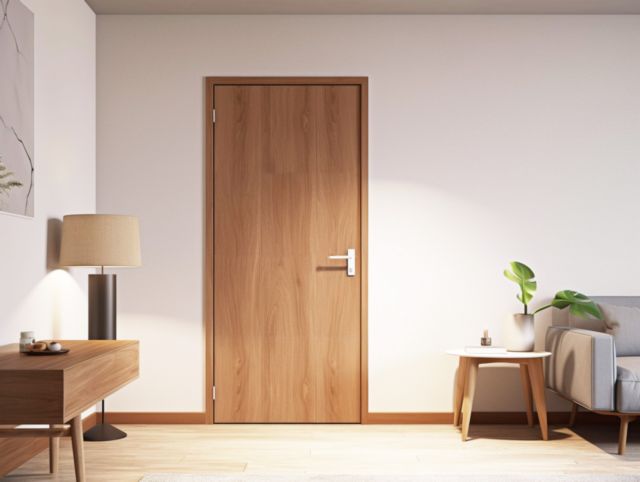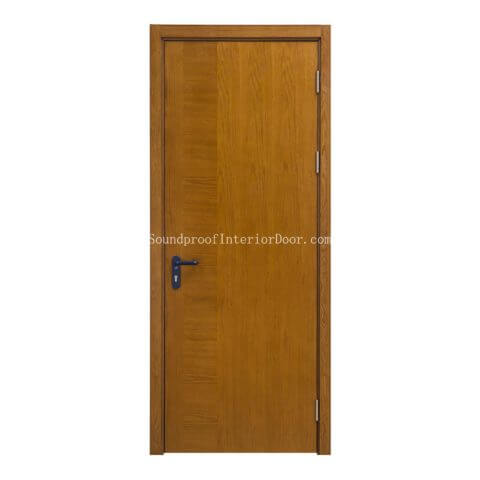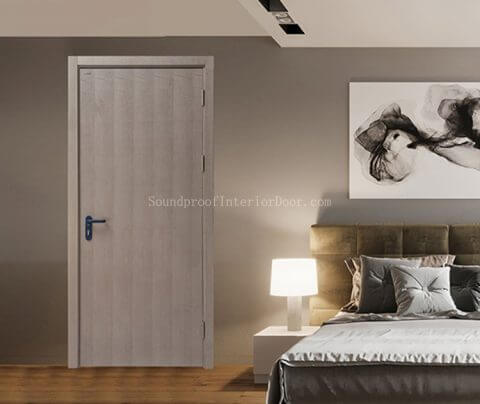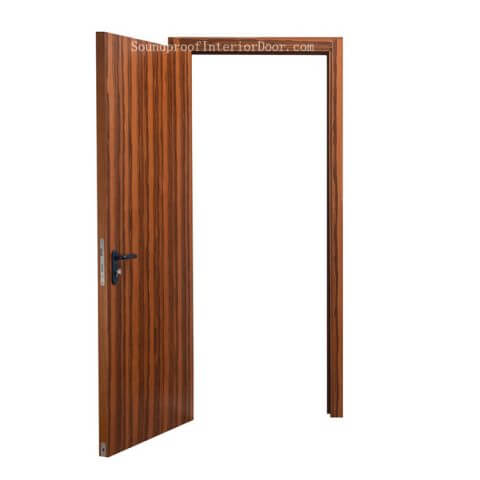Table of Contents
I. Introduction
II. Understanding the Need for Soundproof Hotel Rooms
III. The Role of Doors in Soundproofing
A. Importance of Door Design
B. Soundproofing Techniques for Hotel Doors
C. Sealing and Insulation
IV. Soundproofing Solutions for Hotel Doors
V. How Hotels Achieve Soundproofing
VI. Conclusion
I. Introduction
In the bustling world of hospitality, offering guests a peaceful and comfortable stay is of utmost importance. One key element that can significantly enhance this guest experience is soundproofing hotel rooms – creating a peaceful, noise-free environment allows them to unwind, rest comfortably and truly enjoy their experience to its fullest. Door installations play an essential part in providing effective soundproofing within hotel rooms and creating a relaxing environment.
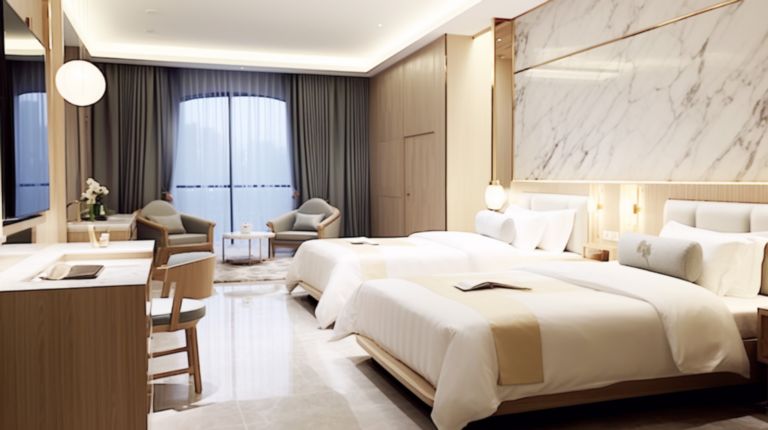
II. Understanding the Importance of Soundproof Hotel Rooms
Are hotel rooms sound proof? Noise disturbances in hotel environments can have a devastating impact on guest experiences. Imagine checking into a room after an exhausting journey only to be met by traffic noise, neighboring room disturbances and hallway commotion; such disruptions can disrupt sleep patterns and elevate stress levels dramatically, leaving guests dissatisfied with their stay.
Hoteliers who want to ensure guest satisfaction and loyalty must recognize the significance of soundproofing. By effectively mitigating external noise sources, hotels can create a haven of tranquility for their guests that not only increases comfort levels but also leads to positive word of mouth and higher occupancy rates.
Hotel rooms should provide guests with peace and serenity when they retreat for restful stays, whether that be business travelers needing restful slumber before an important meeting, or leisure travelers looking for relaxation. A hotel that prioritizes soundproofing can offer an oasis for unwinding, rejuvenation, and enjoying a restful experience for all its guests.
Hotel with soundproof rooms can successfully address various noise-related challenges. These challenges could range from external factors like traffic noise and construction sounds to nearby airport activity as well as internal noise sources like neighboring rooms, hallway foot traffic and plumbing fixtures contributing to an unpleasant guest experience.
To avoid such disruptions, hotels must employ soundproofing measures throughout their properties – this should include carefully selecting sound-absorbing materials, designing rooms efficiently, and selecting hotel room doors which effectively block out unwanted noise.
Now let’s examine more closely how hotel rooms doors play an essential part in hotel soundproofing.
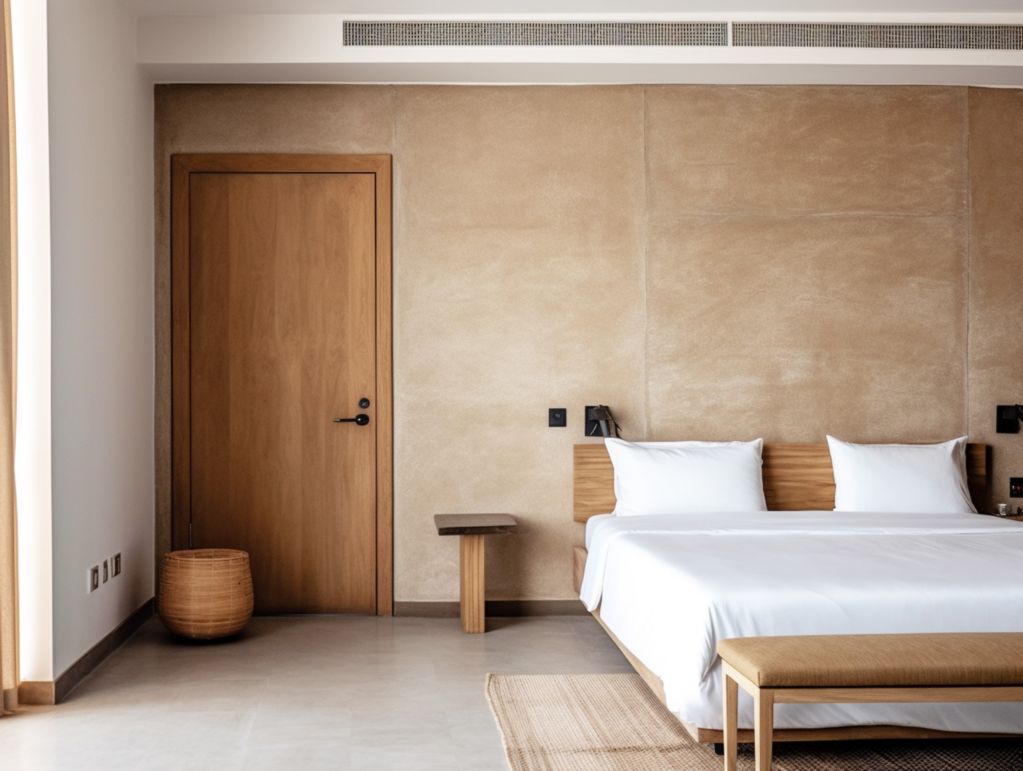
III: Doors in Soundproofing
Benefits of Door Design
When it comes to hotels with soundproof rooms, selecting the ideal hotel door design is paramount. Doors for hotels serve as primary barriers between interior noise sources and external noise sources – and well-crafted hotel entry doors and interior hotel doors can make an enormous impact in noise reduction and providing guests with a peaceful stay at your establishment.
One important consideration when designing hotel double doors is their thickness and density. Thick hotel double door with higher density materials tend to be more effective at blocking soundwaves; solid wood or hotel soundproof doors are frequently employed as soundproofing methods due to their ability to reduce sound transmission.
Additionally, the construction of the door plays an integral role in its soundproofing capabilities. Hotel door design with solid cores offers more sound insulation; these help absorb and dampen sound vibrations to prevent them from passing easily through.
Soundproofing Techniques for Hotel Doors
Soundproof hotel rooms utilize various soundproofing techniques to enhance their soundproofing properties and ensure a quieter and more peaceful hotel room environment. These strategies aim to prevent transmission of sound waves through the door.
One effective technique involves hotel door manufacturers adding sound-absorbing materials into door structures to absorb and dissipate sound energy, such as acoustic foam or insulation layers that help absorb sound vibrations passing through. Ultimately, this improves soundproofing.
Door materials play an essential role in sound-absorbency as well. Solid wood or steel doors are well known for their dense construction and ability to block noise transmission, offering superior insulation when compared with lighter alternatives.
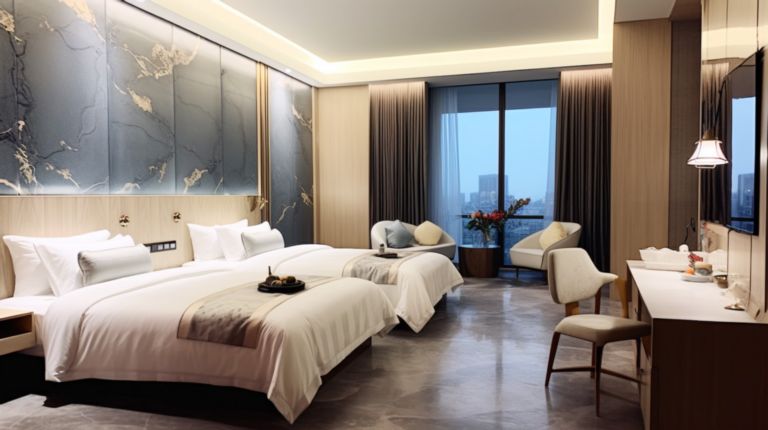
Sealing and Insulation
Sealing and insulation are crucial elements of hotel doors design. Even with well-designed doors, gaps or cracks may compromise its soundproofing properties; to combat this issue, hotels must pay particular attention to sealing and insulation of their doors.
Weatherstripping is commonly used to seal gaps between door frames and the doors themselves, creating a tight seal to block sound from leaking in or out. Furthermore, door sweeps may be installed at the bottom of doors to further minimize sound transmission through gaps between them and the floor.
Insulation materials can also be added to door structures to increase soundproofing performance, by helping to absorb sound energy before it travels through. By effectively sealing and insulating hotel doors to soundproof hotel room, soundproofing performance can be greatly enhanced.
Next, we will examine specific soundproofing strategies for hotel doors, such as double door systems and fire-rated doors, which provide effective soundproofing strategies. Stay tuned to gain more knowledge of these effective soundproofing measures!

IV. Soundproofing Solutions for Hotel Doors
Double Door Systems
Double door hotel rooms can benefit from double door systems as an effective soundproofing measure, as these installations create an extra layer of sound insulation between each set of doors, helping reduce noise transmission while increasing overall soundproofing capabilities of hotel rooms.
Use of double door systems in sound proof hotel rooms offers two major benefits. First, this arrangement creates an air pocket between them to act as an additional barrier against sound waves; this air pocket helps absorb and dampen sound vibrations to stop them passing easily through the doors.
Second, double door systems add an additional physical barrier between the interior of a hotel room and external noise sources, significantly reducing how much noise enters into it from outside sources and offering guests a quieter and more peaceful stay experience.
Fireproof Doors
Fire-rated doors serve two important purposes in soundproof hotel: soundproofing and fire safety. These fire doors for hotels are constructed from materials with superior sound insulation properties designed to meet specific fire safety standards, providing sound insulation.
Fire-rated doors are typically constructed of dense materials like metal or solid wood that effectively block sound transmission by hotel doors suppliers. Their thickness and density help minimize noise disturbances, providing sound proof hotel rooms with additional soundproofing protection.
Sound proof hotels must consider both safety and soundproofing requirements when selecting fire-rated doors, in order to ensure their guests’ wellbeing and comfort. By choosing fireproof doors that meet all relevant fire safety regulations while providing soundproofing capabilities, soundproof hotels can ensure their guests receive optimal care and comfort.
Maintaining an equilibrium between safety and soundproofing is vitally important; any compromise could expose guests to potential risks and cause dissatisfaction among guests. Hotels should partner with reliable door manufacturers who can supply fire-rated doors that meet all safety and soundproofing criteria.
Next, we will examine other soundproofing considerations for hotel doors, including proper installation and ongoing maintenance requirements. Stay tuned as we uncover these crucial components of soundproofing hotel rooms!
V. How Hotels Achieve Soundproofing
How do hotels soundproof their rooms? Hotels with soundproof walls utilize various techniques and strategies to achieve effective hotel room noise reduction, creating a peaceful and noise-free environment for their guests. Hotels may combine multiple strategies in order to achieve optimal sound insulation across their properties.
As previously discussed, selecting door designs suitable for soundproofing in hotels is of vital importance in creating a quieter and more peaceful atmosphere in their rooms. By choosing doors with suitable thickness, density, and construction properties they can effectively decrease noise transmission rates while creating more peaceful surroundings within their rooms.
Are hotel rooms soundproof? Yes, hotels focus not only on door design but also wall insulation to achieve comprehensive soundproofing solutions. Insulating walls with sound-absorbing materials helps minimize sound reverberation and stop it from traveling from room to room, offering hotels an effective soundproofing strategy.
Hotels may also invest in acoustic ceiling treatments to further increase soundproofing. Acoustic panels or tiles absorb sound waves, stopping them from reverberating around the room and decreasing overall noise levels – this contributes to creating a peaceful environment for hotel guests.
Hotels may implement additional soundproofing measures, such as installing soundproof windows or curtains with soundproof properties, to block outside noise sources from entering their rooms – such as traffic noise or construction sounds. These layers of sound insulation help block external noise sources like traffic or construction sounds from invading rooms and disrupting conversations or sleep patterns.
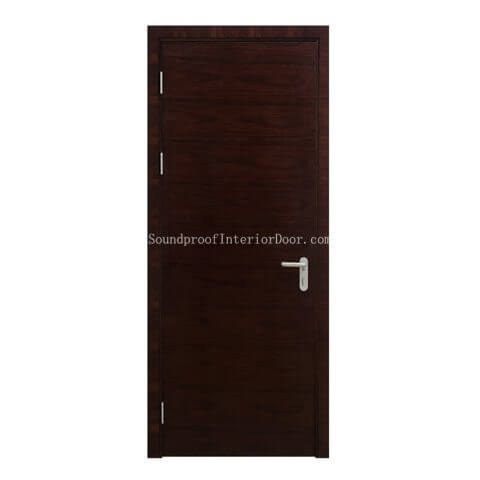
Soundproof Hotel Door
Soundproof Hotel Door Build Soundproof Door Sound Proof Door For Hotel Ballroom
VI. Conclusion
To conclude, soundproofing plays an essential part in creating an enjoyable hotel stay experience for its guests. By reducing noise disturbances, hotels can create an environment in which guests can unwind, rest peacefully and fully appreciate their visit.
Doors play an essential part in maintaining soundproofing standards within hotel rooms, through proper door selection, soundproofing techniques and sealing/insulation measures that contribute to noise reduction.
Hotels must prioritize soundproofing throughout their properties, not only in regard to soundproof bedroom door but also wall insulation and ceiling treatments. By employing various soundproofing strategies, hotels can create an oasis-like ambiance for guests and ensure positive reviews and increased satisfaction ratings.
Soundproofing can set hotels apart in the competitive hospitality industry and contribute to their success. By prioritizing guest comfort with soundproofing measures and investing in soundproofing measures, hotels can create an inviting atmosphere where visitors can stay peacefully and rejuvenated during their visit.
